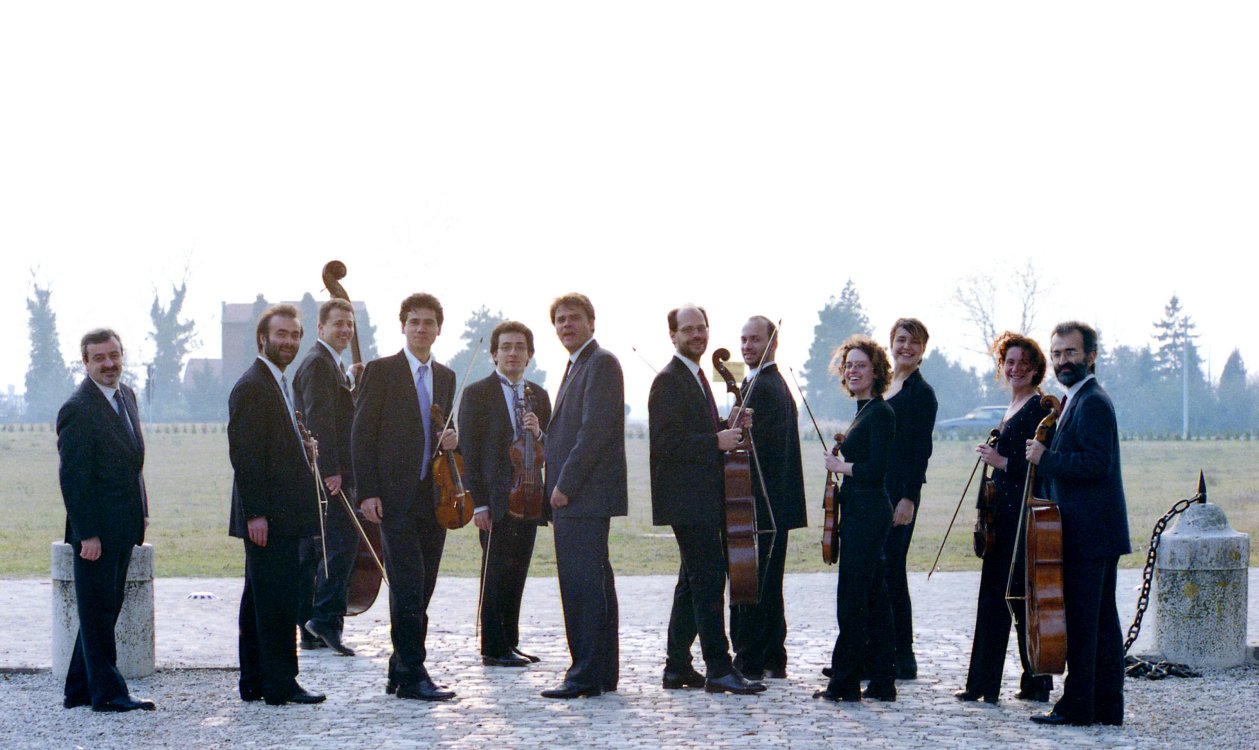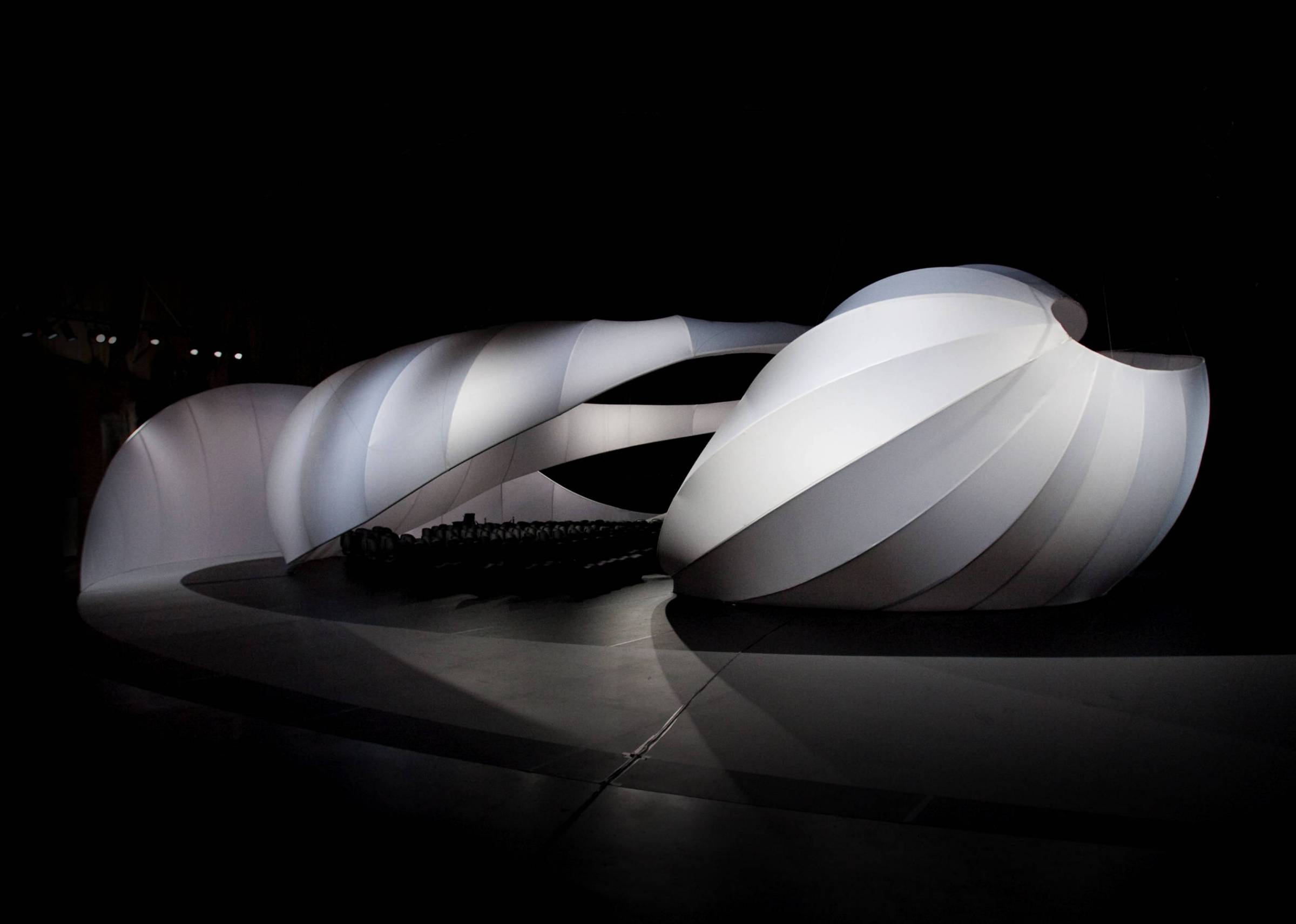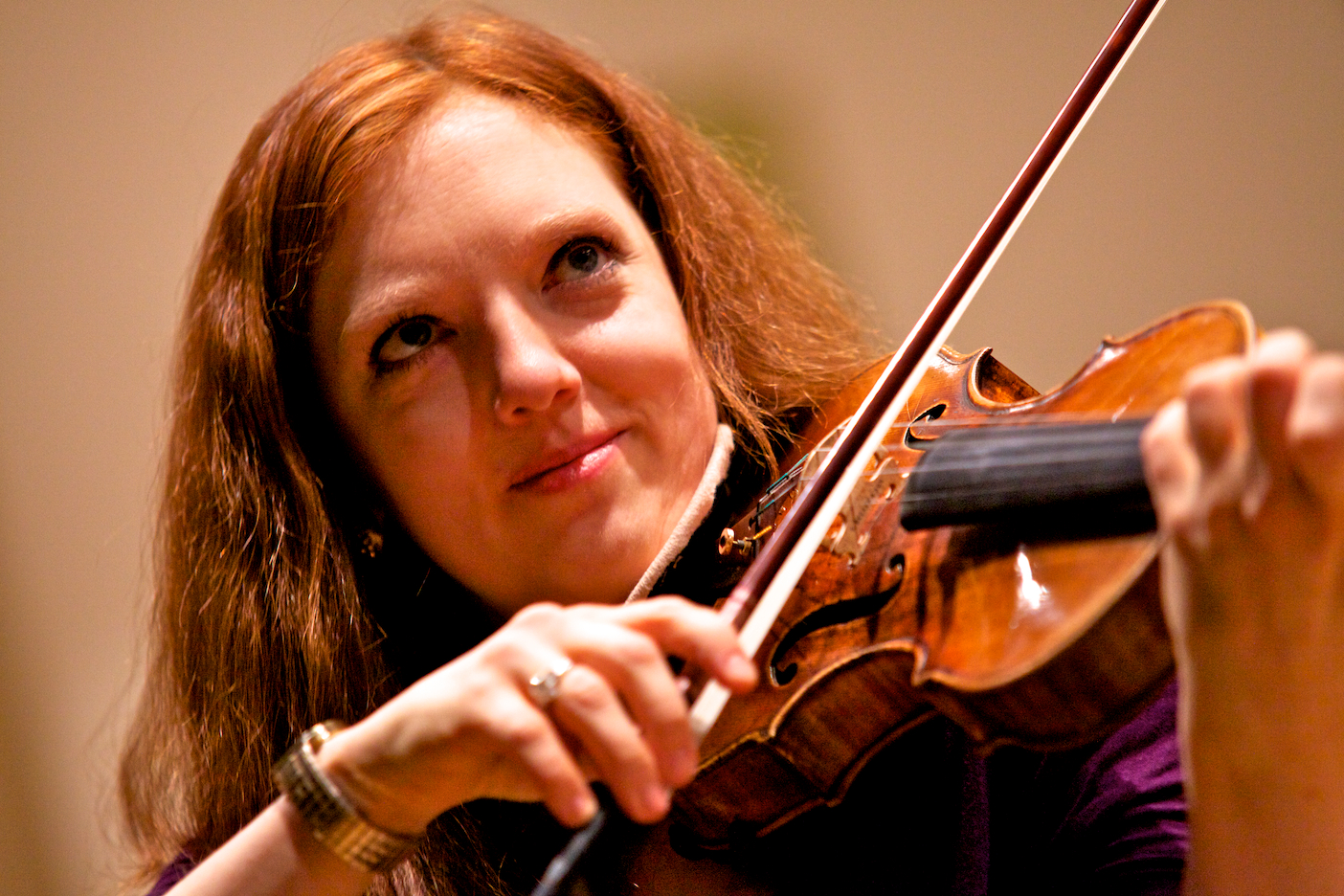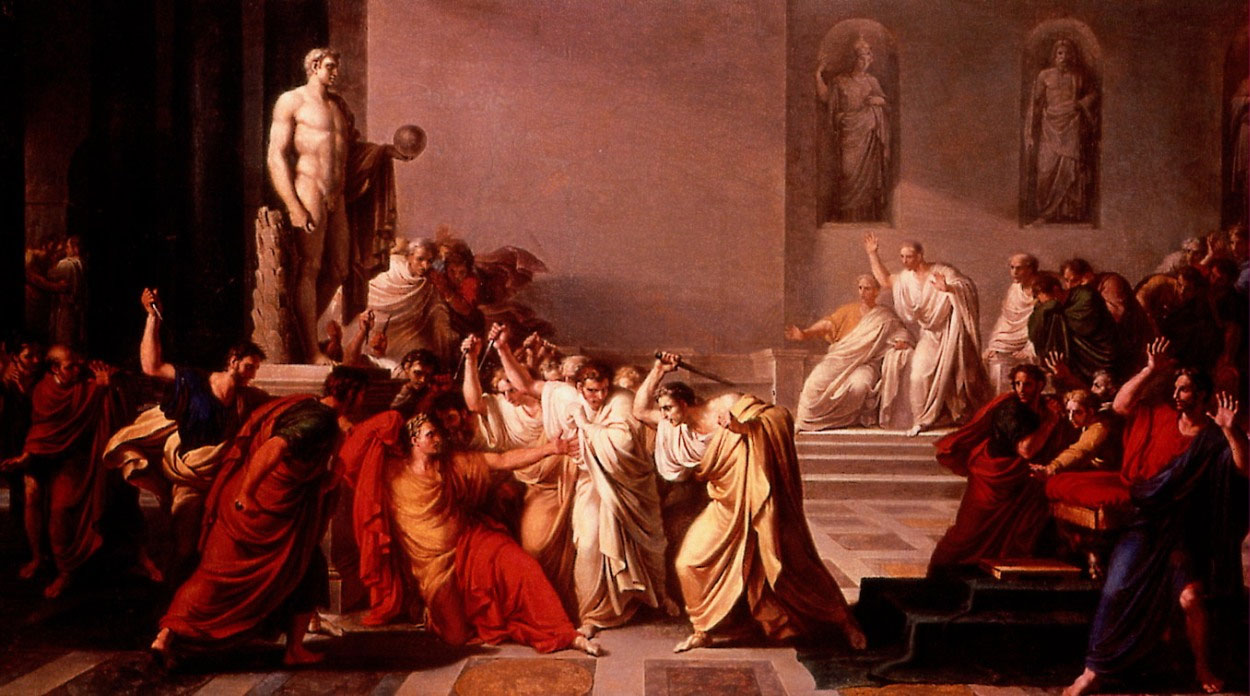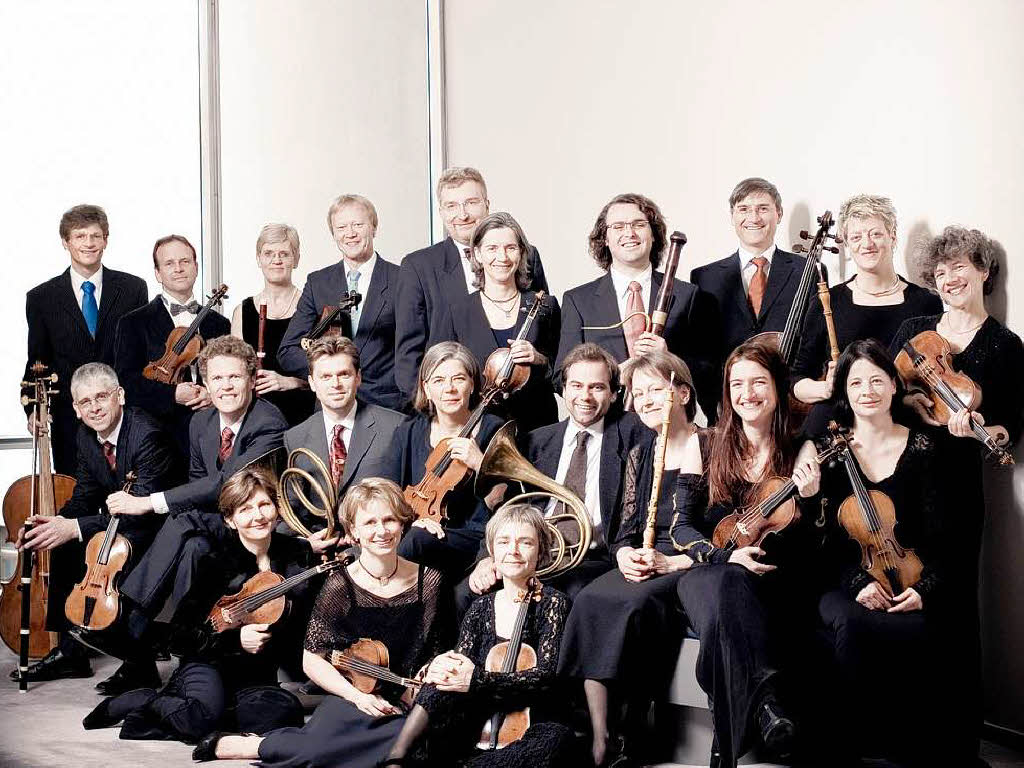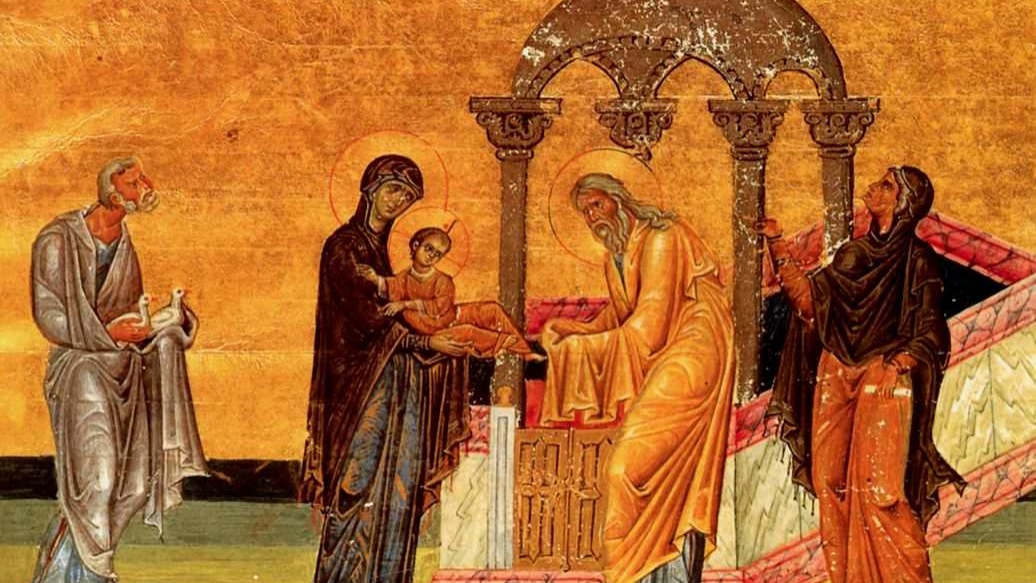Staying Grounded in Henry Purcell
What does music of seventeenth-century English composer Henry Purcell have in common with a contemporary pop song like U2’s With Or Without You? Both are built on a repeating ostinato bass line, called a ground bass. Early traces of the ground bass emerged in thirteenth-century French vocal motets and fifteenth-century European dance music. By the time Purcell used it, it was a relatively old technique. Purcell’s Fantasia, Three Parts On a Ground was written in the early 1680s. …

